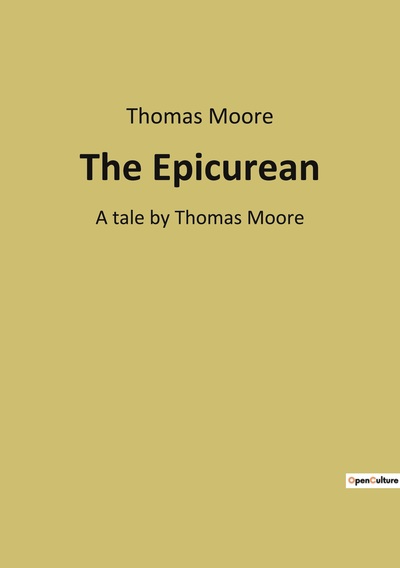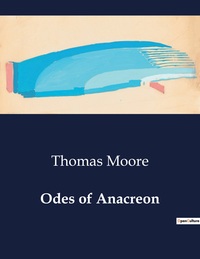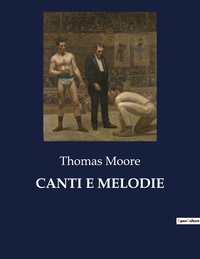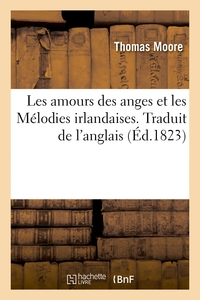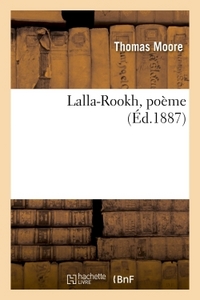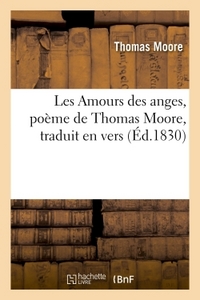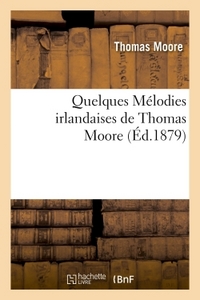Nous utilisons des cookies pour améliorer votre expérience. Pour nous conformer à la nouvelle directive sur la vie privée, nous devons demander votre consentement à l’utilisation de ces cookies. En savoir plus.
The Epicurean
EAN : 9791041940332
Édition papier
EAN : 9791041940332
Paru le : 17 déc. 2022
18,00 €
17,06 €
Disponible
Pour connaître votre prix et commander, identifiez-vous
Notre engagement qualité
-
 Livraison gratuite
Livraison gratuite
en France sans minimum
de commande -
 Manquants maintenus
Manquants maintenus
en commande
automatiquement -
 Un interlocuteur
Un interlocuteur
unique pour toutes
vos commandes -
 Toutes les licences
Toutes les licences
numériques du marché
au tarif éditeur -
 Assistance téléphonique
Assistance téléphonique
personalisée sur le
numérique -
 Service client
Service client
Du Lundi au vendredi
de 9h à 18h
- EAN13 : 9791041940332
- Réf. éditeur : 257223
- Date Parution : 17 déc. 2022
- Disponibilite : Disponible
- Barème de remise : NS
- Nombre de pages : 182
- Format : H:210 mm L:148 mm E:10 mm
- Poids : 244gr
- Résumé : FROM ——, ESQ. Cairo, June 19. 1800. "My dear Sir, In a visit I lately paid to the monastery of St. Macarius, which is situated, as you know, in the Valley of the Lakes of Natron, I was lucky enough to obtain possession of a curious Greek manuscript, which, in the hope that you may be induced to translate it, I herewith send you. Observing one of the monks very busily occupied in tearing up, into a variety of fantastic shapes, some papers which had the appearance of being the leaves of old books, I enquired of him the meaning of his task, and received the following explanation: The Arabs, it seems, who are as fond of pigeons as the ancient Egyptians, have a superstitious notion that, if they place in their pigeon houses small scraps of paper, written over with learned characters, the birds are always sure to thrive the better for the charm; and the monks, who are never slow in profiting by superstition, have, at all times, a supply of such amulets for purchasers. In general, the holy fathers have been in the habit of scribbling these mystic fragments, themselves; but a discovery, which they have lately made, saves them this trouble. Having dug up (as my informant stated) a chest of old manuscripts, which, being chiefly on the subject of alchemy, must have been buried in the time of Dioclesian, "we thought we could not," added the monk, "employ such rubbish more properly, than in tearing it up, as you see, for the pigeon-houses of the Arabs." On my expressing a wish to rescue some part of these treasures from the fate to which his indolent fraternity had consigned them, he produced the manuscript which I have now the pleasure of sending you, the only one, he said, remaining entire, and I very readily paid him the price he demanded for it. You will find the story, I think, not altogether uninteresting; and the coincidence, in many respects, of the curious details in Chap. VI. with the description of the same ceremonies in the Romance of Sethos, will, I have no doubt, strike you. Hoping that you may be tempted to give a translation of this Tale to the world, I am, my dear Sir, Very truly yours, "

